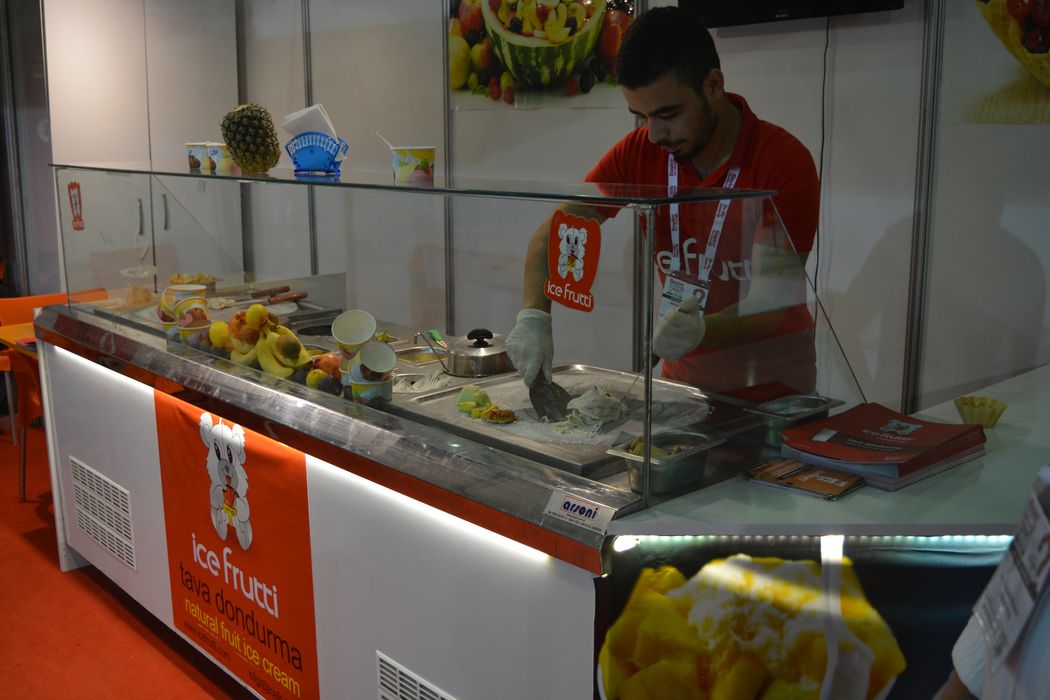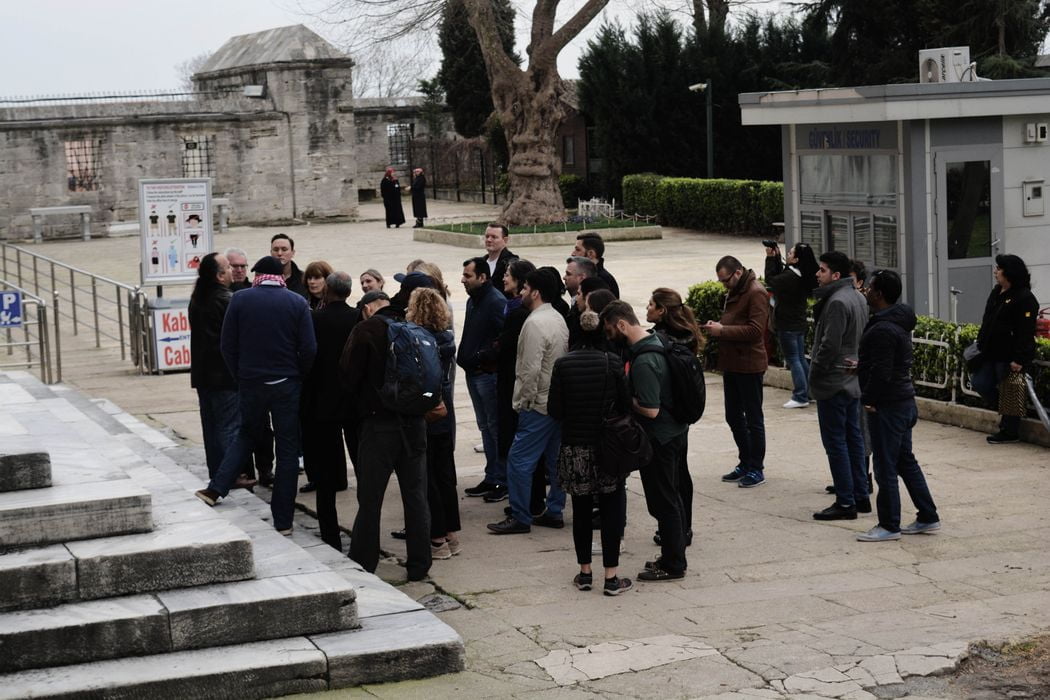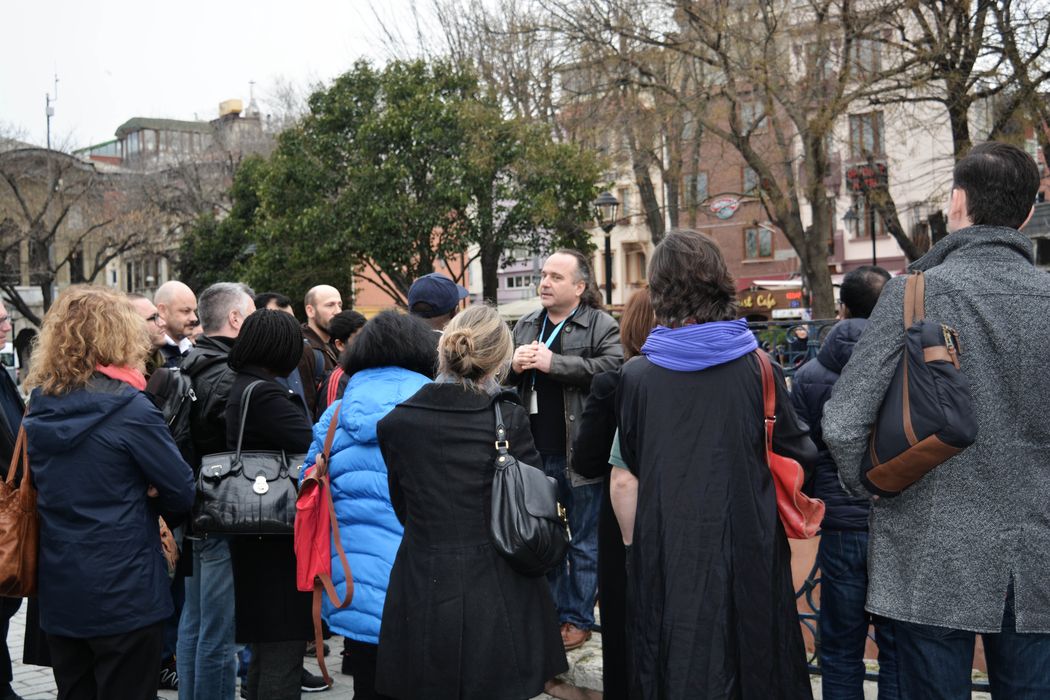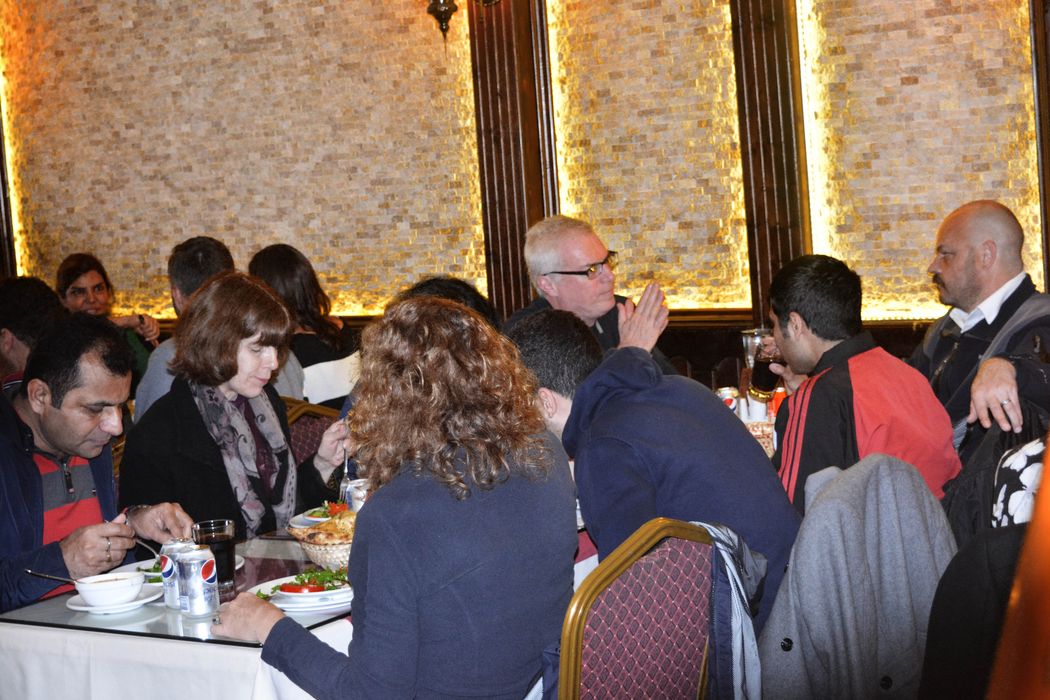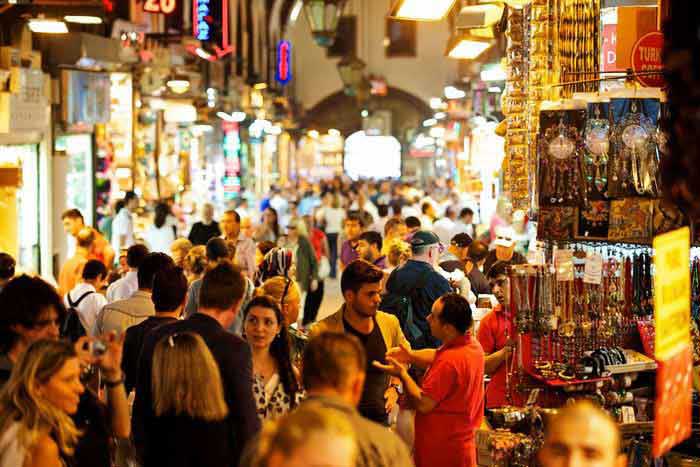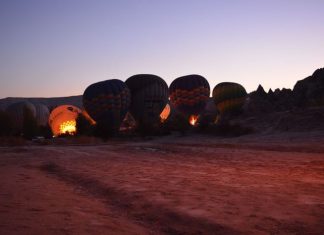Kulwa on the African mainland
We stayed one night in this island [Mombasa], and then pursued our journey to Kulwa, which is a large town on the coast. The majority of its inhabitants are Zanj, jet-black in colour, and with tattoo marks on their faces. I was told by a merchant that the town of Sufala lies a fortnight’s journey [south] from Kulwa and that gold dust is brought to Sufala from Yufi in the country of the Limis, which is a month’s journey distant from it. Kulwa is a very fine and substantially built town, and all its buildings are of wood. Its inhabitants are constantly engaged in military expeditions, for their country is contiguous to the heathen Zanj.
The sultan at the time of my visit was Abu’l-Muzaffar Hasan, who was noted for his gifts and generosity. He used to devote the fifth part of the booty made on his expeditions to pious and charitable purposes, as is prescribed in the Koran, and I have seen him give the clothes off his back to a mendicant who asked him for them.
When this liberal and virtuous sultan died, he was succeeded by his brother Dawud, who was at the opposite pole from him in this respect. Whenever a petitioner came to him, he would say, “He who gave is dead, and left nothing behind him to be given.” Visitors would stay at his court for months on end, and finally he would make them some small gift, so that at last people gave up going to his gate.
Ibn Battuta returns to Yemen.
From Kulwa we sailed to Dhafari [Dhofar], at the extremity of Yemen [near the border with Oman]. Thoroughbred horses are exported from here to India, the passage taking a month with a favouring wind. Dhafari is a month’s journey from ‘Aden across the desert, and is situated in a desolate locality without villages or dependencies. Its market is one of the dirtiest in the world and the most pestered by flies because of the quantity of fruit and fish sold there. Most of the fish are of the kind called sardines, which are extremely fat in that country.
A curious fact is that these sardines are the sole food of their beasts and flocks, a thing which I have seen nowhere else. Most of the sellers [in the market] are female slaves, who wear black garments. The inhabitants cultivate millet and irrigate it from very deep wells, the water from which is raised in a large bucket drawn up by a number of ropes attached to the waists of slaves. Their principal food is rice imported from India.
Read More about Ibn Battuta part 32
